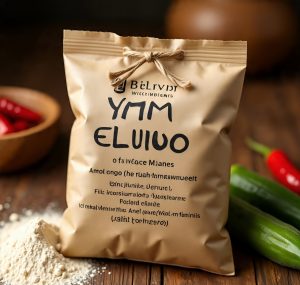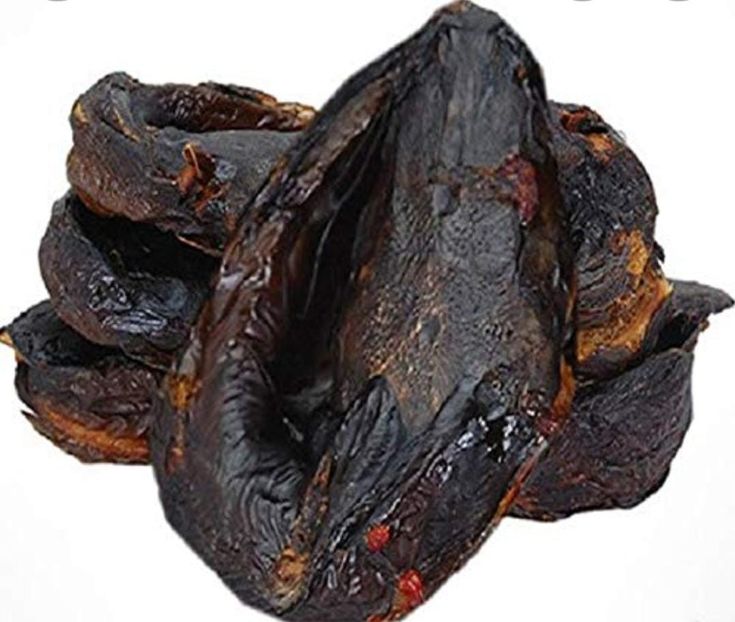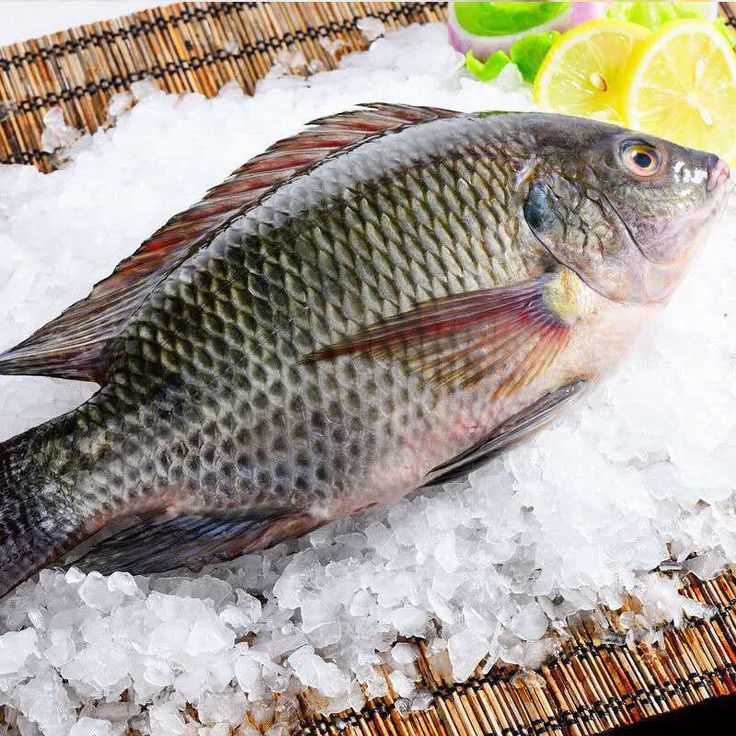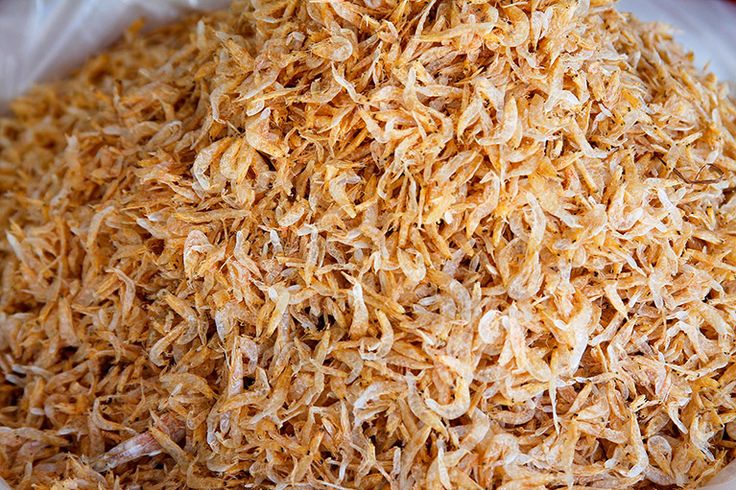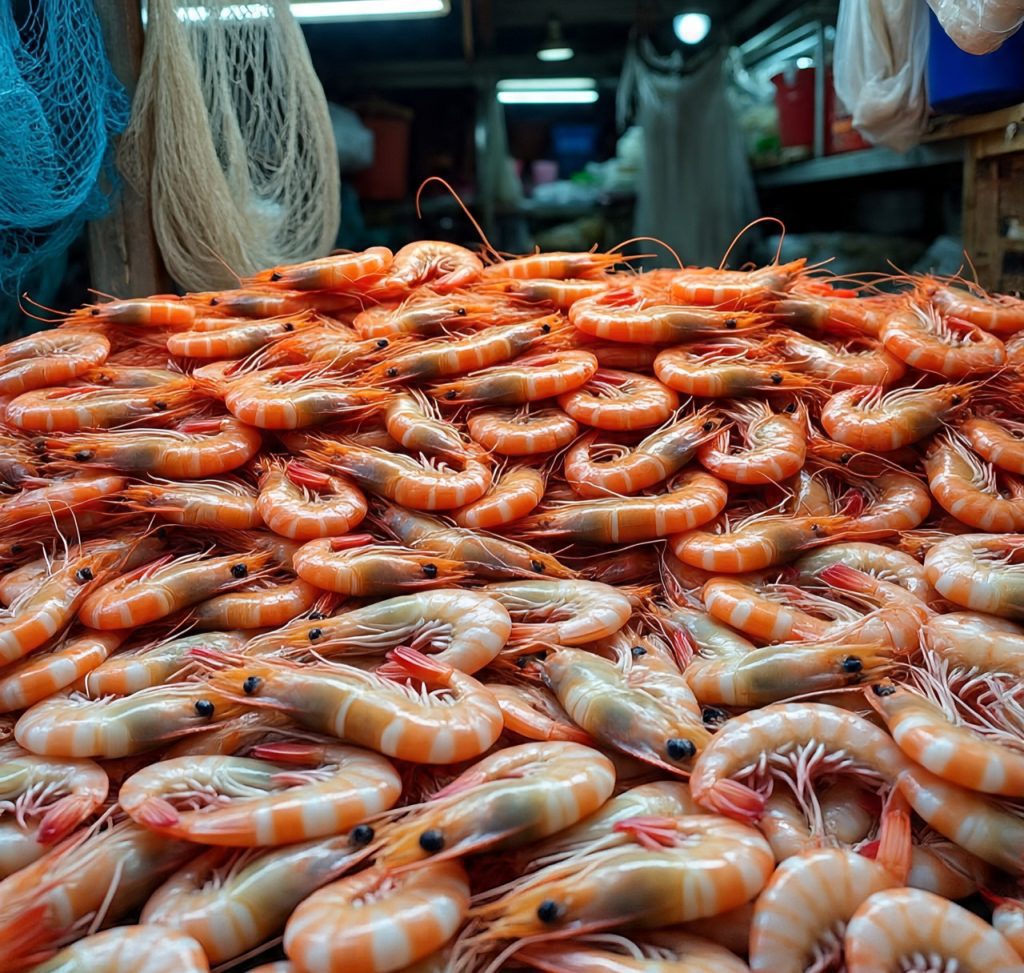What It Is and What Export of It Is
Yam flour is a powdered form of dried yam tubers, commonly made from white yam (Dioscorea rotundata). It is a major staple food in West Africa, especially Nigeria, and is used primarily to prepare “Amala,” a thick, smooth swallow meal. Exporting yam flour means processing, packaging, and shipping the product to international markets where there’s demand among African diaspora communities and health-conscious consumers.
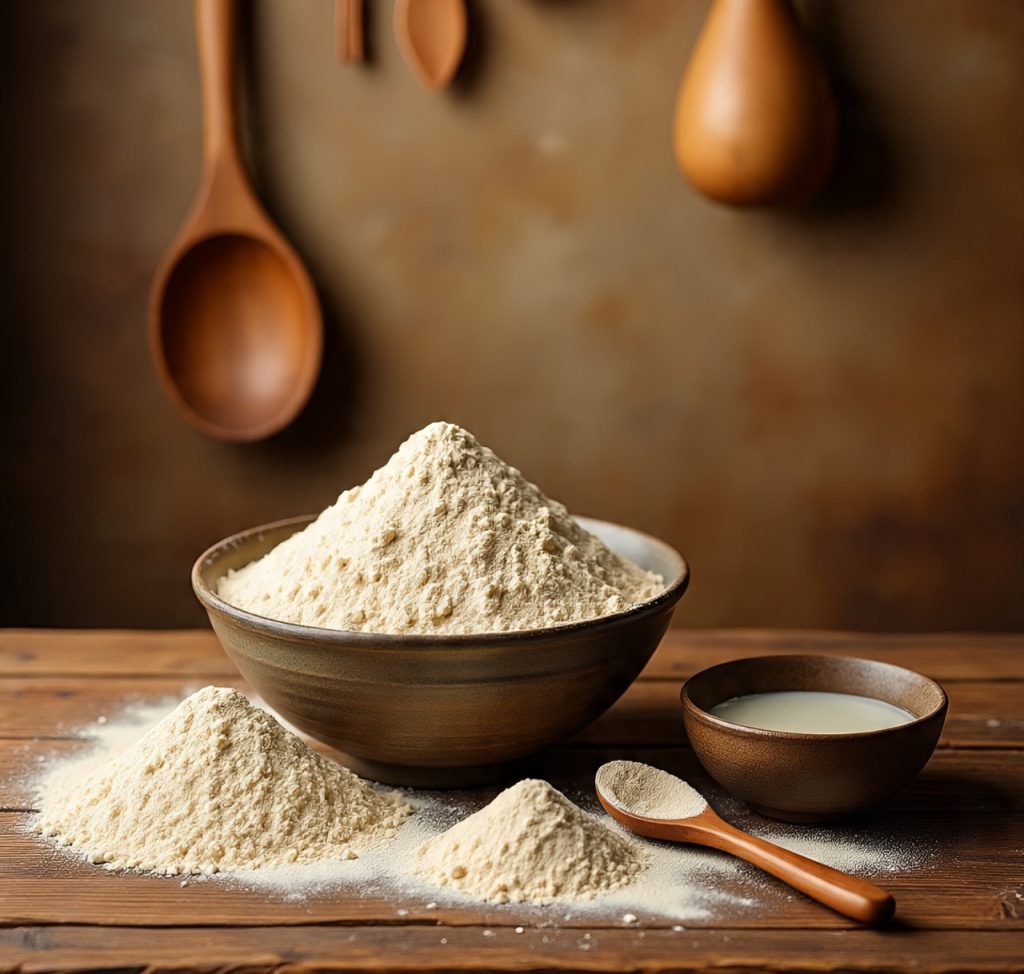
Health Benefits
-
Gluten-free
-
Rich in dietary fiber
-
Contains Vitamin B6, potassium, and antioxidants
-
Low glycemic index – suitable for diabetic-friendly diets
Uses
-
Preparation of Amala (popular Nigerian dish)
-
Thickening agent in soups and sauces
-
Ingredient in gluten-free baking mixes
Export Form
-
Finely milled powder from peeled, dried yam slices
-
Packed in food-grade moisture-proof pouches or sacks
-
Usually sold in 500g, 1kg, 2kg, 5kg, or 10kg packs
Packaging for Export
-
Primary Packaging: Sealed polythene bags or pouches
-
Secondary Packaging: Branded cartons or brown export cartons
-
Labeling: Must include product name, weight, production & expiry dates, nutritional facts, country of origin, and batch number
Preservation & Storage
-
Keep in airtight, moisture-proof packaging
-
Store in a cool, dry environment
-
Shelf life: Up to 12–18 months if properly stored
Target International Markets
-
United Kingdom
-
United States
-
Canada
-
Germany
-
Italy
-
United Arab Emirates
-
African/Caribbean grocery stores and online retailers
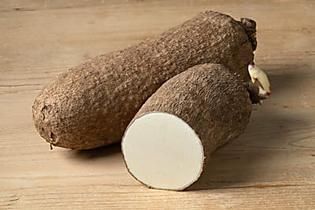
Export Requirements
-
NAFDAC Number (for food products from Nigeria)
-
Phytosanitary Certificate (if required by the importing country)
-
Certificate of Origin
-
Commercial Invoice and Packing List
-
Customs Clearance Documents
-
Comply with destination country’s food importation standards (e.g., FDA, EFSA)
HS Code
-
1106.20.00.00 – Flour, meal and powder of dried yam

